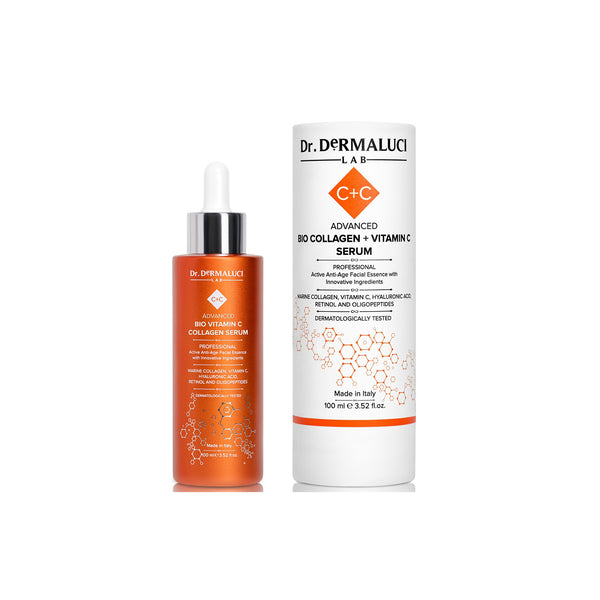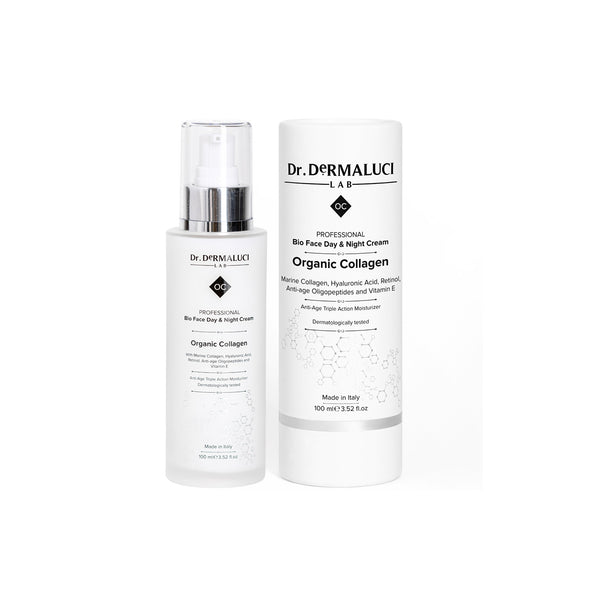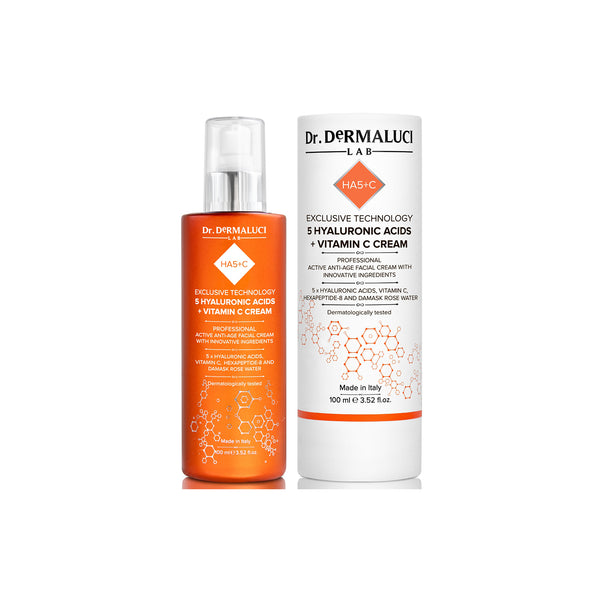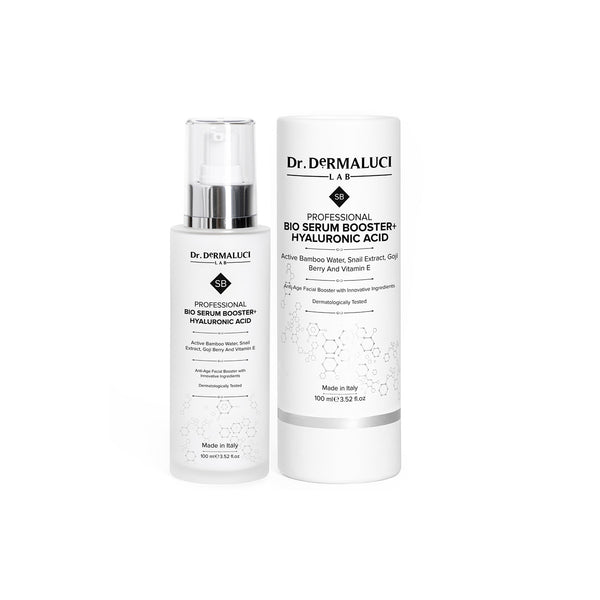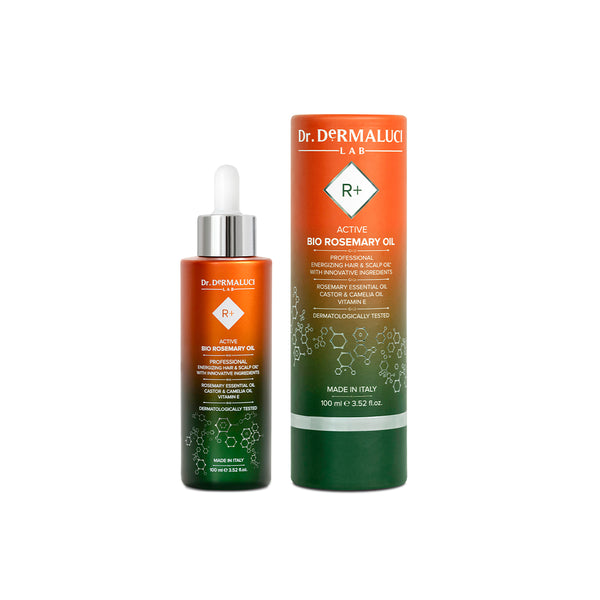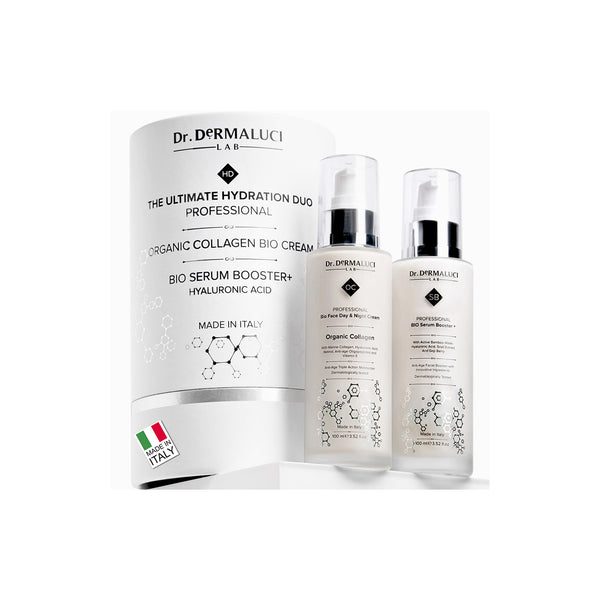
The Rise of Hypochlorous Acid in Skincare: Nature's Gentle Warrior
Hypochlorous acid (HOCl) is gaining traction in the skincare world as a powerful yet gentle ingredient that effectively fights bacteria, inflammation, and skin irritations without harshness. This naturally occurring molecule, which is also produced by the human body to fight pathogens, is making headlines for its efficacy and safety in skincare formulations. Let's dive into why hypochlorous acid is a game-changer for skincare enthusiasts and professionals alike.
Understanding Hypochlorous Acid
Hypochlorous acid is a weak acid similar in structure to the common household bleach but without the harmful side effects. It is produced by white blood cells as part of the body's immune response. HOCl is potent against bacteria, viruses, and fungi, making it an exceptional ingredient in the realm of skincare, particularly for products targeting acne, eczema, and other microbial skin issues.
Benefits of Hypochlorous Acid in Skincare
- Antimicrobial Properties: Hypochlorous acid effectively kills bacteria and pathogens without the resistance that can build with traditional antibiotics.
- Anti-inflammatory: It reduces inflammation and irritation, making it ideal for sensitive skin types and conditions like rosacea or post-procedure care.
- Healing Support: HOCl supports the natural healing process of the skin, helping to repair damaged skin barriers and accelerate recovery from skin injuries.
Incorporating Hypochlorous Acid into Skincare Routines
Hypochlorous acid can be found in various skincare products, including cleansers, toners, and even specific treatments for dermatitis or acne. It's suitable for daily use due to its gentle nature. When shopping for products containing hypochlorous acid, look for formulations that maintain stability, as HOCl can degrade in the presence of sunlight and air.
- For Acne-Prone Skin: Use a HOCl-infused toner to reduce bacteria and inflammation after cleansing.
- Sensitive Skin: Incorporate a gentle mist throughout the day to soothe and protect the skin without irritation.
- Post-Procedure Care: Apply HOCl sprays or solutions to enhance healing and reduce the risk of infection after dermatological treatments.
Safety and Efficacy
Hypochlorous acid is safe for most skin types due to its compatibility with human skin and its natural presence in the body. Unlike many chemical disinfectants, HOCl is non-toxic and does not cause harmful residue or irritation. It is also environmentally friendly, breaking down into simple saltwater after use.
Conclusion
As we advance in our understanding of effective and safe skincare ingredients, hypochlorous acid stands out for its multi-faceted benefits. Its ability to combat skin issues while supporting the skin's natural defenses and healing mechanisms makes it a valuable addition to both personal and professional skincare arsenals.
Hypochlorous acid represents a shift towards more biocompatible and sustainable ingredients in skincare, promising effective results without compromising safety or comfort.
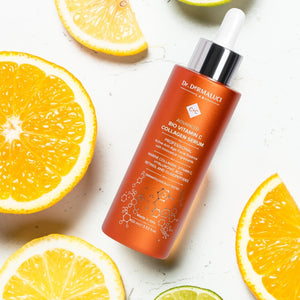
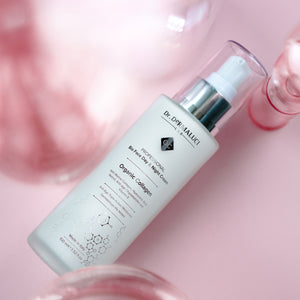
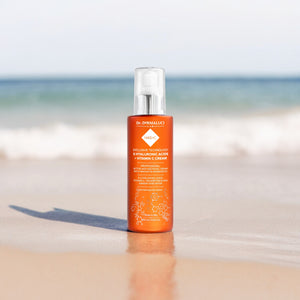
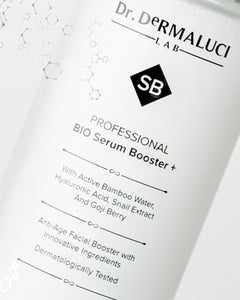

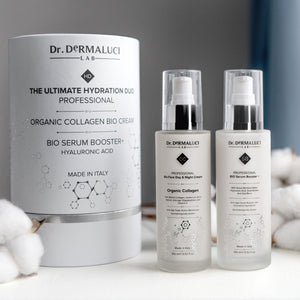

 Verified by shop
Verified by shop










